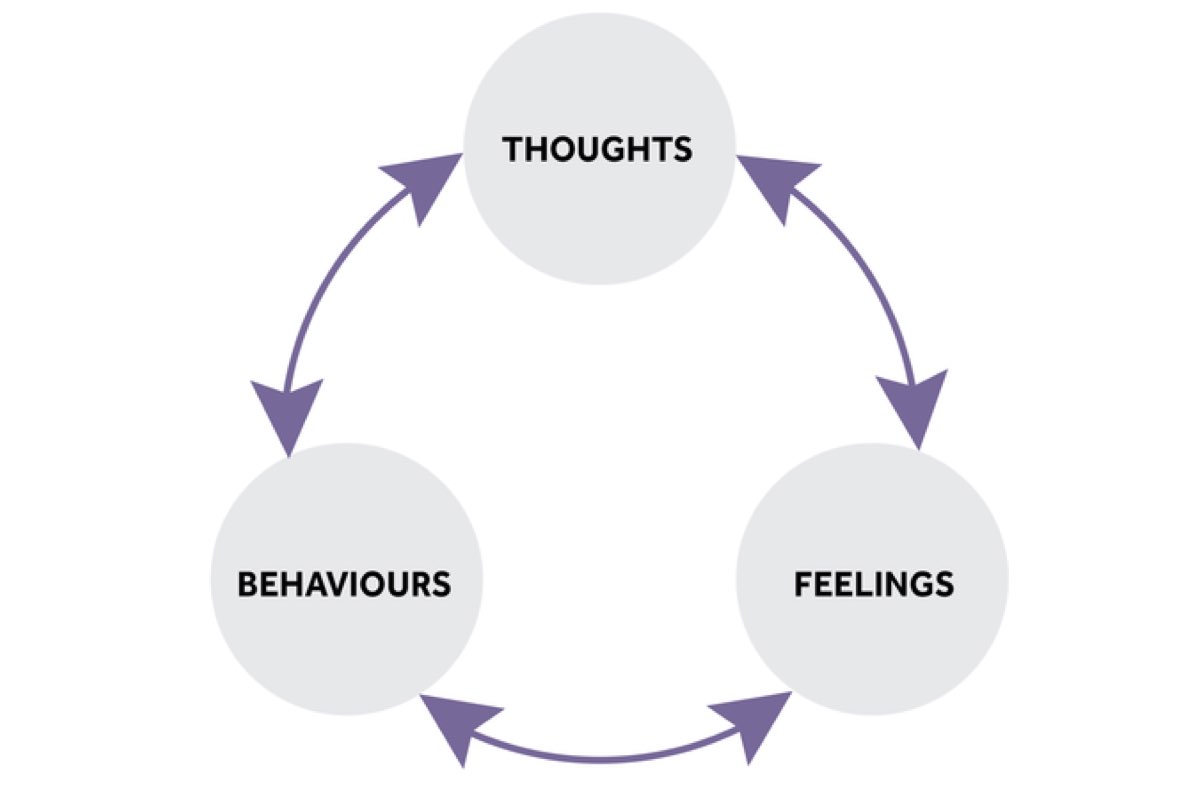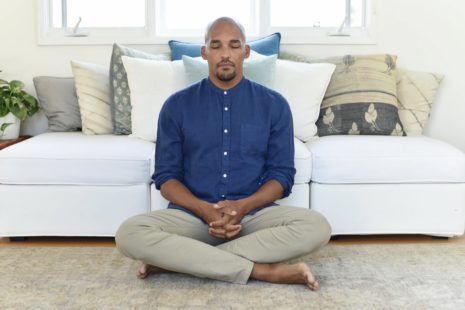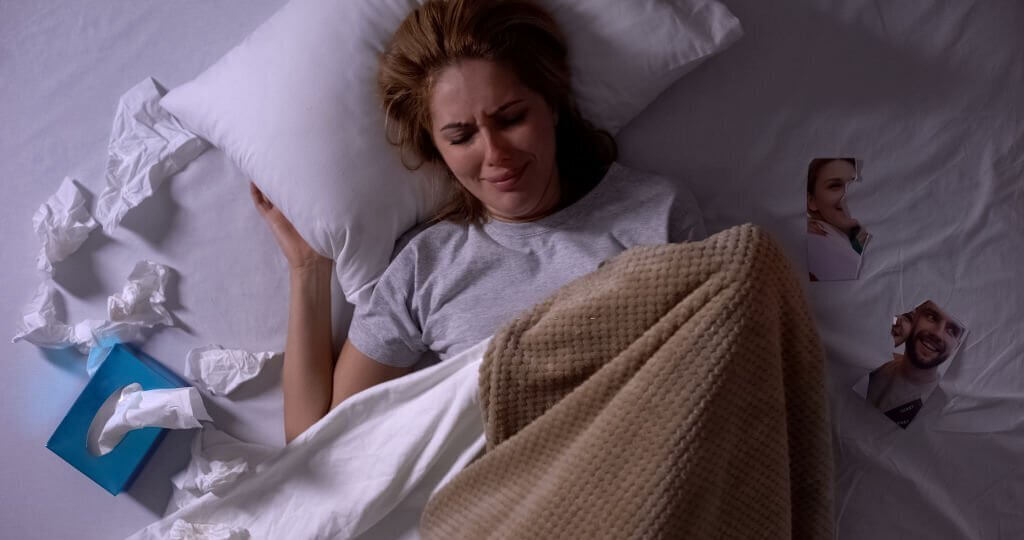Cognitive Behavioural Therapy (CBT) is a talking therapy that looks at the way our thoughts and feelings affect the way we behave and can be used to treat mental health disorders, especially anxiety and depression. We speak to Selin Steele about her personal experience…
Why did you decide to have CBT?
I’ve suffered from anxiety since my teenage years and like most people just accepted it as a thread of my identity. However, there have been times where I’ve found it harder than most to cope with things and felt myself spiralling out of control with worry and a debilitating sense of failure. During a particularly difficult time at work, I was becoming extremely irritable and lashing out at my husband. I’d been taking anti-depressants for two years fluctuating between the middling dose and the lowest and my doctor suggested CBT as a treatment for my anxiety. I didn’t know much about it but I accepted and was put onto a waiting list (you can also self-refer if you prefer not to see a doctor).
What did it involve?
After the initial referral by my GP to the local NHS Wellbeing Service, I received a series of calls to assess my requirements and availability and was assigned a therapist. In total the NHS offer six free 30-minute sessions which you can arrange to have once a week or every two weeks. During the first session, my therapist and I discussed my reasons for treatment and what I wanted to achieve by the end of the course. This in itself was quite revelatory as I realised my anxiety was not only causing me to worry and affect those around me but it had also severely affected my self-esteem to the point that I’d lost all faith in myself.
As my therapist made notes there was no judgement and any discomfort was purely down to me – and that soon disappeared. Just as my feelings and behaviours had been mapped out so were the paths that my therapist and I would take in order to reach my goal: to have a more positive outlook, increase my self-esteem and spend more time doing things I enjoy. During the sessions we spoke about some of the things that were worrying me and went through the main CBT principles and techniques. My therapist then suggested some exercises such as using a ‘worry diary’. This involves writing down the kinds of things you are worrying about and then setting aside a dedicated time of day to focus on them, which is called ‘worry time’.

How did it help you?
CBT is by no means a cure but it does give you coping strategies that enable you to live a more carefree life. For me, CBT is all about putting things into perspective. It allows you to step back and look at yourself from the outside rather than analyse the ins and outs of your psychology as most other therapies propose. Instead of dwelling on or avoiding things, it teaches you that although our thoughts, emotions and physical sensations such as nausea and palpitations cannot be changed, our reactions or behaviours can. For example, talk to those around me rather than lashing out at them. It also helped me to look at the worry and think it through: is it practical – i.e an unpaid bill or hypothetical- i.e something that may or may not happen. It made me realise that it is possible to break the cycle and has given me the perspective I needed to move forward.
Did you find it tough?
It wasn’t easy talking to my therapist and acknowledging how bad I felt about myself. However, after a few sessions I started to see past the fog and feel more positive about myself and my future. When I looked back at how I was feeling at my last session in comparison to the start of therapy it made me realise just how far I’d come. It was a really proud moment.
Would you recommend it to others?
I would definitely recommend it to others. For those who think it might not be for them, I would say that CBT isn’t a one-size-fits-all treatment. It can be tailored to suit you and there are many aspects that you can try. Plus you can self-refer which makes it an easily accessible option.
What happens after you finish CBT?
During my final session my therapist and I came up with a long-term plan to prevent a relapse. I still have days where I feel overwhelmed and unable to stop worrying. However, I now know that I’m the one in control of the way these thoughts affect me and have the coping strategies I need. I’m also much more inclined to talk about my problems with my husband and my family and rationalise the worries and bad thoughts in my head before they take over. Talking to others, even if it’s not a therapist, is really important.
Get your weekly DOSE fix here: SIGN UP FOR OUR NEWSLETTER
















